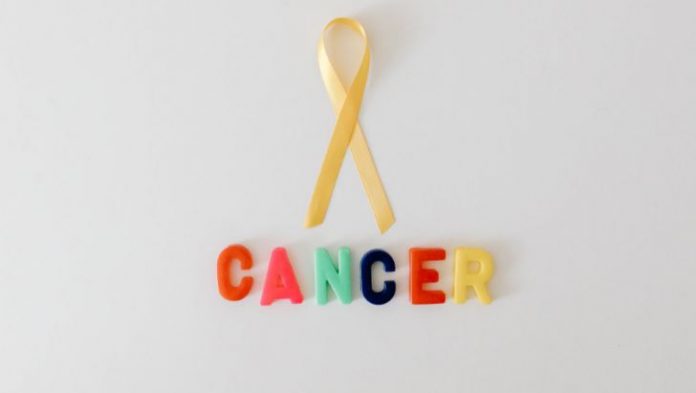Researchers still do not know exactly what causes prostate cancer, although it is probably unrelated to benign prostatic hypertrophy (BPH).
The elements that most likely lead to the development of prostate cancer are hereditary factors, age, hormonal imbalances, and other external agents such as chemicals, manufactured goods, and toxins.
However, prostate cancer before the age of 40 is very rare, although statistics show that fifty to eighty percent of men over eighty suffer from the disease.
Those with a family background of prostate cancer stand a higher chance of developing the disease than others without one, although no recognizable genetic gene to determine disease has yet been found.
It has also been proven that black American men have an increased probability of developing prostate cancer compared to white Americans or Japanese.
Diet habits and environmental conditions also influence the development of prostate cancer, although researchers are still unsure of how this happens.
Diets high in saturated fat and smoking or toxins from marketed products have been discovered to augment the risk of prostate cancer.
What has been found is that Japanese men living in Japan have a diminished risk of developing the disease.
Experts know that testosterone plays a major role in the development of prostate cancer and that lower levels of this hormone will usually stall the development of the disease.

